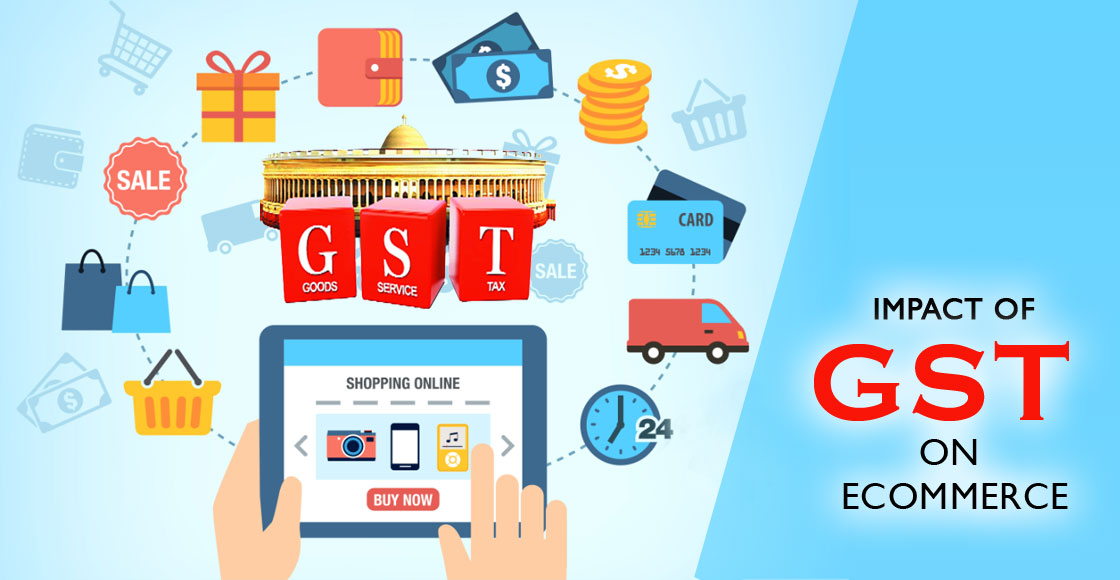Goods and Services Tax (GST) is a single tax reform that is applicable across all states in India. This GST taxation will replace all the existing indirect taxes such as sales tax, service tax, VAT, CST, entertainment tax, luxury tax etc. The vision behind this taxing is to bring the nation together under a single tax structure, right from manufacturers to end consumers creating a unified common market.
India has started to roll out with the new era taxation of GST from 1st July, 2017. Ecommerce industries will have noticeable impact with GST. This taxation structure is expected to rationalize seamless integration of goods and services across India. Let us explore the positive and negative impacts on ecommerce marketplace at various stages.
Major Changes On Ecommerce:
- Registration - Under GST all ecommerce business operators are mandatorily required to register irrespective of their turn over.
- Listings – Harmonized System Nomenclature code (HSN) is a globally accepted nomenclature for classifying traded products. Tax rate that is applicable for a particular HSN code will be used for computing all taxes. All sellers will have to enter this HSN code of all the products on their dashboard as a compliance requirement.
- Filing of GSTR-8 – – Ecommerce business operators have to file a special tax GSTR-8 which will be containing tax details that is collected from their suppliers’ sales. In addition they also have to file their monthly return taxes GSTR-1 and GSTR-2 and GSTR-9, an annual return.
Positive Effects:
- Tax-Credit - With GST implementation online business sellers can claim their currently paid service tax on commission. This service tax amount can be used as an input credit that will increases their profit margin.
- Eliminating Tax Cascading – With GST implementation, all taxes are integrated into uniform tax. This will bring down overall cost. With this uniform tax dispute between goods and services will end up.
- Reduction in logistic costs – At present for logistics, ecommerce sellers are paying border taxes that are levied for movement of goods from one state to another. With GST the costs for logistics movement will come down. Also the separate paper work for each state won’t be needed. Hence delivery of products will be made faster.
- Ease of process – Under GST generating invoice will become easier as the invoices will only include HSN number for distinguishing between sales of different goods. The invoices uploaded by the sellers will be visible to buyers. Hence online sellers will get their tax burden reduce and transparency is increased.
Challenges:
- TCS deduction - It is expected online marketers will be impacted by TCS (Tax Collection at Source) by market places. It has made mandatory that ecommerce business owners have to pay tax on the price of goods purchased from suppliers.
- Decline of Discounts – As discounts will attract extra taxes under GST, discounts offering often may reduce.
- Complex in returns and cancellations – Online sellers will have cancellation fees of 18%. They will have to bear this tax amount and collect at the source and have to wait for refund from government in the cases of cancellations. Hence ecommerce business will face a huge disadvantage with these refund and cancellation issues.
From both the perspectives of taxation and operations, ecommerce business will gain major positive impacts. On the other hand, any new changes introduced will have their own set of challenges. However GST will bring more transparency and ease of process which will be a boon to the ecommerce industry. GST taxation will redefine the current market and create a uniformity and simplification in the system. To sum it up, GST renders a perfect blend of easy procurement for buyers and simplified selling for sellers.



